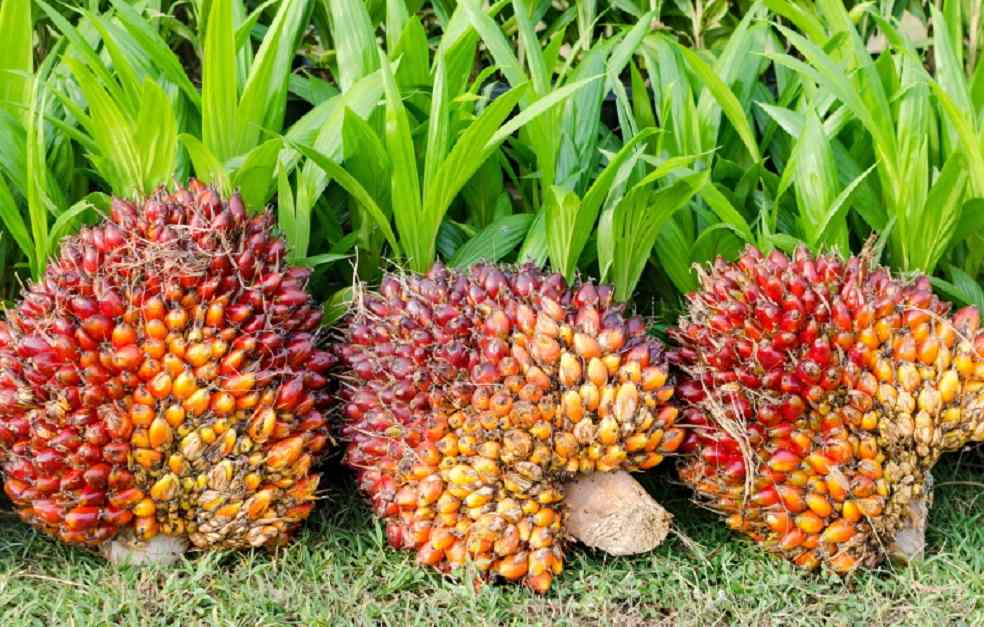Malaysia’s Plantation and Commodities Ministry has described India’s recent increase in palm oil import duties as a ‘temporary challenge’ to the resilience and competitiveness of Malaysian exports. The ministry expressed confidence that the impact would be short-lived and highlighted its strategic measures to address the situation.
The import duty hike, effective immediately, raises crude palm oil (CPO) tariffs from 5.5% to 27.5% and processed palm oil tariffs from 13.75% to 35.75%. The increase includes basic import duties and additional taxes, such as the agriculture infrastructure development cess and social welfare cess. The move is part of India’s strategy to stabilise domestic oil prices and support its agriculture sector.

Despite this, the ministry pointed out that India’s position as the world’s largest palm oil importer, with a population of 1.45 billion, ensures continued demand for Malaysian products. From January to October this year, Malaysia’s palm oil exports to India increased by 16.4% to 2.67 million tonnes, underscoring the industry’s resilience.
To counteract the immediate impact of India’s tariff adjustments, Malaysia is leveraging strategic trade agreements like the Asean-India Free Trade Agreement (AIFTA) and the Malaysia-India Comprehensive Economic Cooperation Agreement (MICECA). These agreements cap India’s import duties for CPO at 37.5% and processed palm oil at 45%.
The ministry also indicated that it might consider exempting export duties on CPO if necessary, as part of a long-term strategy to maintain competitiveness. Additionally, it is promoting the Malaysian Sustainable Palm Oil (MSPO) certification in the Indian market, emphasising sustainability and quality to appeal to environmentally conscious consumers.

The ministry acknowledged the competitive challenge posed by Indonesia’s reduction in export levies but reaffirmed Malaysia’s commitment to producing high-quality, sustainable palm oil. It is advancing research and development initiatives to create high-value products like bioplastics and biofuels.
The ministry stated that these global trade fluctuations are part of the usual dynamics in the palm oil market. It stressed that Malaysia’s robust strategies, including international trade cooperation and sustainability initiatives, ensure the industry’s long-term competitiveness and profitability.
The government remains committed to navigating global trade changes, safeguarding the future of the palm oil sector, and reinforcing Malaysia’s position as a key player in the global market.
BANKING & FINANCE | Algeria Aims to Lead Trade Insurance in Africa and Arab World



